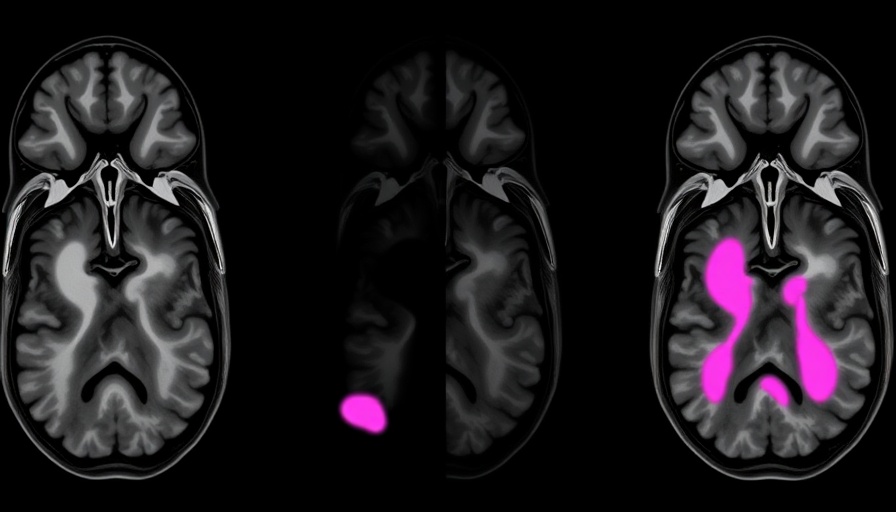
Eating Meat: A Surprising Ally Against Cancer?
New research from McMaster University has sparked a lively discussion on the role of animal protein in our diets, especially for those concerned about health and longevity. As many health fads promote plant-based diets, the evidence now suggests that eating meat might actually have benefits that many have overlooked.
Groundbreaking Research: What Did the Study Reveal?
The study published in Applied Physiology, Nutrition, and Metabolism examined dietary habits of nearly 16,000 adults, aged 19 and above, using data from the National Health and Nutrition Examination Survey (NHANES III). One key finding was the lack of any association between higher animal protein intake and increased mortality. Rather, a modest reduction in cancer-related deaths was observed among those who consumed more animal protein.
Understanding the Impact of Protein Sources
Researchers found no significant risk factor linked to either animal or plant proteins concerning deaths from cardiovascular disease or cancer. Interestingly, when both protein sources were analyzed together, a clear picture emerged: while plant protein seemed to have minimal influence on cancer mortality, animal protein might offer a protective effect. This offers a new lens through which we can view dietary protein's impact on our health.
The Importance of Methodological Rigor in the Study
Led by Stuart Phillips, a noted professor at McMaster University, the research employed rigorous statistical techniques to bolster the validity of its findings. By utilizing advanced methods like the National Cancer Institute (NCI) protocol and multivariate Markov Chain Monte Carlo (MCMC) modeling, the team provided a more reliable analysis of dietary intake and mortality risk. This impressed upon readers the necessity of sound methodology when making dietary recommendations based on research.
Pushing Back Against Dietary Misconceptions
For years, many have linked red meat consumption with health risks, particularly concerning cancer and heart disease. However, this recent research encourages a reconsideration of these narratives. It emphasizes the importance of seeing meat not as an enemy but potentially as a component of a health-promoting diet. For individuals in cities like Dallas, where diverse lifestyle influences intertwine with dietary choices, this information could impact food selection and health strategies.
Could This Shift Dietary Perspectives?
The findings provoke a necessary challenge to the anti-meat narratives prevalent in many health discussions today. For those living in Dallas and similar urban communities, understanding the intricacies of dietary protein can influence not only personal health choices but also social dialogue around nutrition. It’s essential to consider how these revelations might lead to different dietary habits that balance animal and plant proteins.
The Broader Implications for Health Policies
As public health recommendations shape consumers’ behavior, the call for reevaluating meat’s role in diets is particularly timely. With calls for dietary transitions towards less red meat consumption becoming popular in public discourse, such research serves as a reminder of the complexities of nutrition science and dietary health. Nutritionists in Dallas and beyond might consider incorporating this new evidence into their dietary guidelines.
Final Thoughts and More to Explore
The implications of these findings are multifaceted, suggesting a potential shift not only in public perception of meat consumption but also in personal health strategies. While this study does not establish a direct cause-and-effect relationship, it grounds discussions about meat in data-driven evidence, encouraging further research into dietary patterns.
For individuals and families living in urban settings such as Dallas, understanding these findings can lead to more conscious dietary choices. They may also inspire actionable steps towards a balanced diet that includes both plant and animal proteins.
 Add Element
Add Element  Add Row
Add Row 



Write A Comment